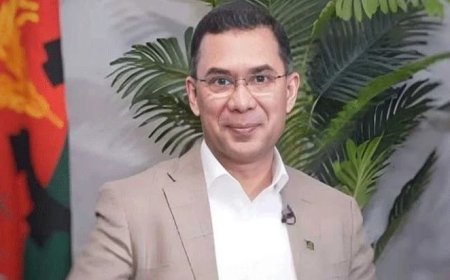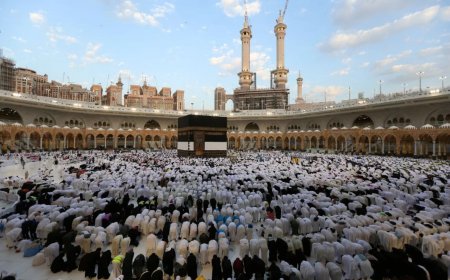Dhaka to Ashulia Elevated Corridor Project
Additional Tk 5.16b requested due to delays, design issues

Bridges Division Seeks Tk 5.16b More for Dhaka-Ashulia Expressway amid Delays, Design Flaws
The Bridges Division under the Ministry of Road Transport and Bridges has requested an additional allocation of Tk 5.16 billion for the Dhaka-Ashulia Elevated Expressway, pushing the project's total cost beyond its previously revised estimate of Tk 175.53 billion.
If approved, the revised budget would rise to Tk 180.69 billion.
The expressway, which will connect Hazrat Shahjalal International Airport to Abdullahpur, Ashulia, Baipail, and the Dhaka Export Processing Zone (DEPZ), is intended to link the capital with 30 districts and ease industrial congestion to facilitate trade. However, the original project design did not account for land acquisition costs, prompting the request for additional funds nearly eight years after its initial approval, according to Planning Commission officials.
In a letter to the Commission, the Bridges Division warned that without the required financing, work on a critical 9-km stretch could come to a standstill—potentially triggering heavy compensation claims from the contractor under existing contractual terms.
Initially approved by the Executive Committee of the National Economic Council (ECNEC) in October 2017 at a cost of Tk 169.01 billion, the project was designed to build 24 km of elevated expressway, 14.28 km of connecting roads, and 10.84 km of ramps by June 2022.
However, delays in the start of construction led to a four-year extension, with the new completion deadline set for June 2026. The revised plan includes a loan component of Tk 96.92 billion from China.
Despite the extended timeline and increased budget, the project continues to face major setbacks.
A recent assessment by the Implementation Monitoring and Evaluation Division (IMED) of the Planning Ministry found that overall physical progress stands at just 68 percent, with only a year remaining before the extended deadline. Financial progress is even slower, with only 55.06 percent of the total funds disbursed so far. The IMED report raised serious doubts about the project’s ability to finish on time.
One of the primary obstacles cited is the unresolved relocation of utility lines—gas pipelines, electrical cables, water pipes, and telecom infrastructure—that continue to hamper construction efforts.
Despite having adequate funds, the Bangladesh Bridge Authority (BBA) began construction before completing utility relocation, leading to repeated disruptions across multiple sections of the corridor.
As a result, key zones along the 24-km route, including Ashulia, Baipayl, and Nabinagar, remain inaccessible for critical activities such as piling, foundation work, and ramp installation.
The IMED report also criticized the initial feasibility study conducted by the Bangladesh University of Engineering and Technology (BUET) for failing to properly identify underground and overhead utility lines. The lack of accurate utility mapping meant that no comprehensive relocation plan was in place, leading to recurring delays throughout the project.
A senior IMED official noted that the utility relocation issues reflect deeper problems in planning, coordination, and institutional efficiency. “If not addressed immediately, the Dhaka-Ashulia Expressway could become a textbook case of mismanaged infrastructure,” the official warned.
The project’s scope has also expanded significantly since its original approval. Newly added components include 15.28 km of at-grade service roads for access, two new two-lane bridges, and a flyover at Nabinagar for improved integration with the road network.
The revised plan also incorporates electronic toll plazas, administrative buildings, and security infrastructure to support long-term operations.
What's Your Reaction?





















































































